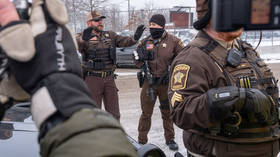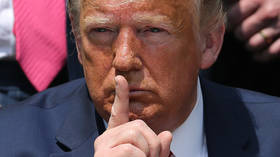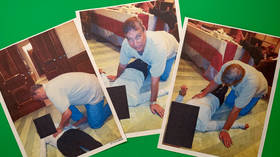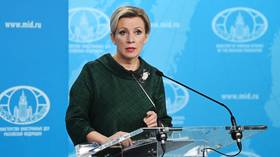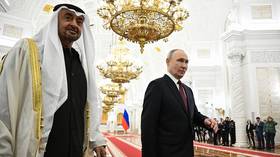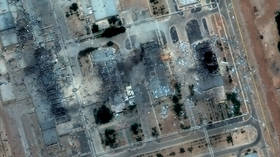Taliban to the rescue: Iran reportedly arms Afghan militants against US, ISIS
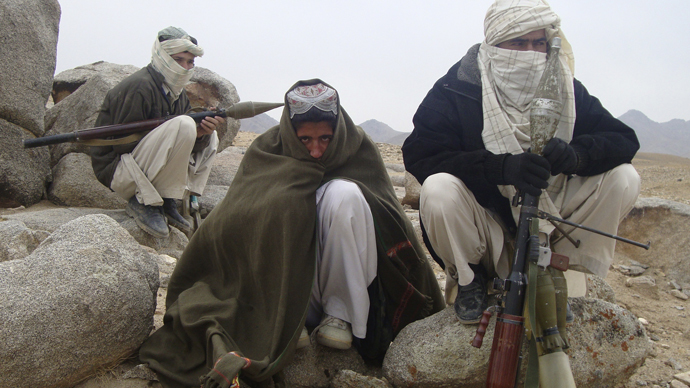
Tehran is reportedly betting on the Taliban’s rise and is providing the militant movement with arms and training to secure leverage over it. Iran wants influence to counter the US and have fighters ready for a possible offensive by Islamic State.
According to a report in The Wall Street Journal, Iran has been providing the Taliban not only with money, but also hosted training camps in its territory since at least the fall of 2013. The US newspaper cites Western and Afghan officials and also a Taliban commander, who, the report says, was recruited by Iranian intelligence and is currently on Iran’s payroll.
“Iran is betting on the re-emergence of the Taliban,” a Western diplomat told WSJ. “They are uncertain about where Afghanistan is heading right now, so they are hedging their bets.”
Iran’s support of the Taliban is an alliance of convenience, according to the report. Iran is a Shiite country while the Taliban is Sunni, a difference that is difficult to bridge. In 2001, Tehran didn’t object to the ousting of the Taliban from power by a US-led invasion.
However, things have evolved, and with Taliban influence in Afghanistan growing, having a hand in it is becoming a useful asset. In 2013, the Iranians officially invited a Taliban delegation to an Islam conference.
WSJ interviewed Abdullah, a Taliban commander, who said he was an Afghan illegal immigrant in Iran, who was recruited by Iranian intelligence. He currently receives $580-a-month salary as well as necessary supplies from his sponsors, he said. Among the weapons he can order are 82mm mortars, light machine guns, rocket-propelled grenades and rifles, he added.
READ MORE: ISIS declares war on Shias on Arabian
Peninsula – monitoring group
Abdullah and Afghan official said Iran operates four training camps for the Taliban in the Iranian cities of Tehran, Mashhad and Zahedan and in the province of Kerman.
The report points to Tayeb Agha, the head of the Taliban’s office in Qatar, as the main connection between the movement and Iran.
The newspaper says Iran increased its support to the Taliban after the rise of Islamic State (formerly known as ISIS/ISIL) in Iraq and Syria. The Iranian military are supporting Iraqi Shiite militias fighting against the Sunni jihadist group with the Iraqi government’s consent. While most IS forces are concentrated in the territories it claimed in those two countries, some offshoots are eyeing Afghanistan as potential direction for expansion.
“Iran seeks to counter Daesh with the Taliban,” an Afghan security official told WSJ.
Iran is currently negotiating with the six leading world powers on a deal that would lift international sanctions in exchange for placing limitations on Iran’s controversial nuclear program. Critics of the proposed deal, expected to be finalized later this month, say it would shift the balance of power in the Middle East.
“Across the region, Iran is stepping up its support for militants and rebel groups,” said Republican Sentaro Ed Royce, chairman of the House Foreign Affairs Committee. “With billions in sanctions relief coming, that support goes into overdrive.”
The US is leading a coalition of its allies in a fight against IS, but won’t coordinate the effort with Iran. US military commanders say defeating the extremist group would require many years, considering the Obama administration doesn’t want to order a new ground operation in Iraq and wants local forces to do the fighting.


